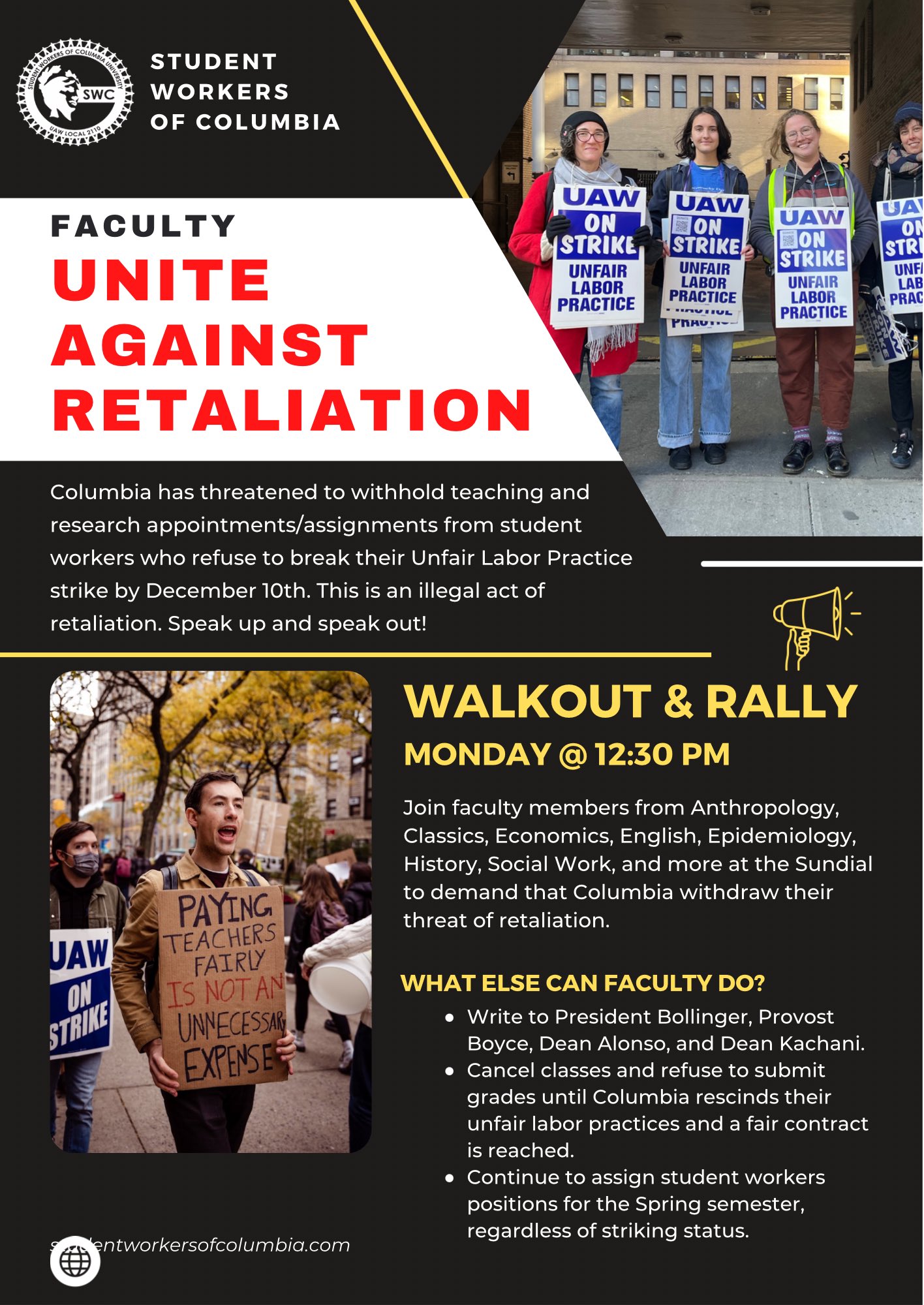On behalf of the American Association of University Professors chapter at Penn, we write to express concern about the planned return to in-person classes and campus-based work on January 24th and to inquire about the basis for the decision to proceed on that timeline. If the shift to remote instruction for the first twelve days of the semester during the Omicron spike was a response to the extremely high level of transmission, we would ask whether this level has changed sufficiently to warrant a return to full density on campus. What evidence is being used to support the conclusion that such a plan is safe?
In addition, we ask what policies regarding quarantine will apply to students, faculty, and other employees who test positive. The 13.2% positivity rate reported at Penn for the week of Jan. 2-8 alone is alarming. Will Penn be following the CDC’s recently reduced quarantine guidelines (which have forced people back to work while still contagious) or setting its own?
While the University may maintain that its decisions are based on the unlikelihood of classroom transmission, we note that those who teach at Penn do not simply exit their homes and enter the classroom but in many cases must commute via public transportation, eat in shared spaces if they do not have private offices, and assume many other exposure risks as part of the requirement that they be present on campus. We also note that childcare and school closures (and quarantining children) are already significantly impacting many members of the Penn community, a situation that will require some faculty, graduate students, and staff to teach or work remotely as a matter of necessity. We thus urge Penn to provide clear guidance and support to instructors and staff facing such issues.
Since many Penn employees and students have medical conditions themselves or vulnerable members of their households, we ask yet again that those who need reasonable accommodation be granted it promptly. Colleagues have shared troubling accounts of obstacles to their requests for accommodation. In one instance, an instructor with documented health issues was finally granted permission to teach online on the last day of the fall semester, only to be told that a new process for accommodation would be required and a fresh application would need to be submitted for the spring term. Experiences shared by our colleagues point to an accommodation request system that lacks transparency and consistency. Requests to teach remotely for reasons that have been approved in one program or division have apparently been denied without explanation in another, or have been approved by OAA only to be turned down by a dean. We are concerned that the process Penn has set up is both inequitable and overly burdensome, constituting more of a roadblock than a path to supporting student instruction.
The needs of students with medical vulnerabilities and disabilities are also being deprioritized by the return to in-person classes. What measures is Penn taking to ensure that our students do not have to choose between their academic progress and their health?
Finally, we underscore as a matter of academic freedom that it is the decision of instructors as experts in their fields what pedagogical methods and formats are most appropriate for delivering the material they teach. We further support the right of any instructors and staff who feel unsafe working on campus to work from home when circumstances warrant it.
If there is insufficient scientific evidence that the Omicron threat is significantly reduced at present, AAUP–Penn recommends an extension of remote teaching and work until conditions decisively improve.



